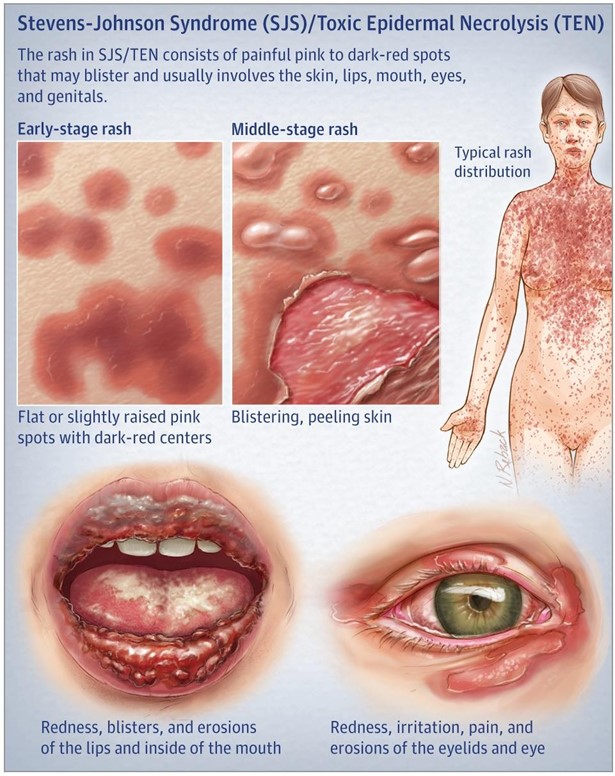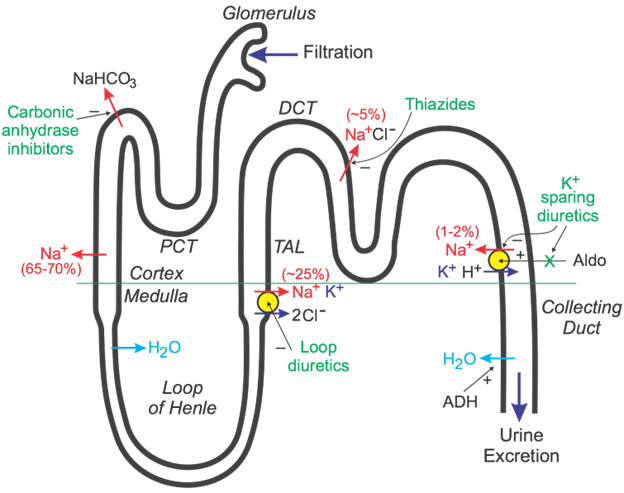A nurse is assisting with a group therapy session and notes a client who remains silent.
Which of the following actions should the nurse take?
Ask other group members to limit the number of times they speak
Allow the client extra time to think of a response
Appoint the client to lead the discussion
Tell the client to leave the group if they cannot contribute
Correct Answer : B
a. Asking other group members to limit their speaking may place unnecessary pressure on the quiet client and make them feel singled out. The goal is to create a supportive environment where the client feels comfortable contributing when they are ready. Limiting the other group members' participation does not address the individual needs of the client who is silent.
b. Some clients may need extra time to process information or formulate their responses, particularly in a group setting where they might feel overwhelmed or anxious. Allowing the client extra time respects their pace and encourages participation without pressuring them.
c. Appointing the client to lead the discussion if they cannot contribute are not appropriate actions. These approaches can increase the client's discomfort and create a negative atmosphere, which goes against the principles of group therapy. It is important to foster an inclusive and supportive environment that encourages participation at each person's pace.
d. Telling a client to leave the group if they cannot contribute is not appropriate action. These approaches can increase the client's discomfort and create a negative atmosphere, which goes against the principles of group therapy.
Nursing Test Bank
Naxlex Comprehensive Predictor Exams
Related Questions
Correct Answer is C
Explanation
Explanation
C. Skin rash with fever
Stevens-Johnson syndrome (SJS) is a severe and potentially life-threatening hypersensitivity reaction that can occur as a rare side effect of certain medications, including allopurinol.
Monitoring and early recognition of SJS symptoms are crucial for prompt medical.
Skin rash with fever is a hallmark manifestation of Stevens-Johnson syndrome. It often starts with flu-like symptoms such as fever and malaise, followed by the appearance of a widespread, painful, and rapidly progressing rash. The rash typically involves the mucous membranes, including the mouth, nose, and eyes, and can be accompanied by blisters or sores. Prompt reporting of these symptoms is critical for early diagnosis and intervention.
Tinnitus with ear pain in (option A) is incorrect because it is not typically associated with Stevens- Johnson syndrome. It may indicate another condition or side effect unrelated to SJS.
Hyperreflexia, which refers to abnormally increased reflexes, in (option B) is incorrect because it is not a characteristic manifestation of Stevens-Johnson syndrome. It may indicate a neurological condition or reaction to another medication, but it is not specific to SJS.
Diplopia, or double vision, in option (D) is incorrect because it is not commonly associated with Stevens- Johnson syndrome. It may be caused by other ocular or neurological conditions.
In summary, the nurse should instruct the client taking allopurinol to monitor and report the manifestation of a skin rash with fever. This is important because it may indicate the development of Stevens-Johnson syndrome, a severe and potentially life-threatening reaction to the medication. Early recognition and medical intervention are crucial to minimize complications and ensure appropriate treatment.

Correct Answer is D
Explanation
Furosemide works by promoting diuresis, which helps to reduce fluid volume overload in heart failure. Increased urinary output indicates that the medication is effectively removing excess fluid from the body. This can help alleviate symptoms such as edema and fluid retention commonly associated with heart failure. Therefore, an increased urinary output is a positive response to furosemide therapy in this context.

Decreased BUN (blood urea nitrogen) levels and weight loss are also expected outcomes of diuretic therapy, further indicating the effectiveness of the medication. However, a decreased hemoglobin level is not directly related to the efficacy of furosemide and might be indicative of other factors such as anemia or bleeding, requiring further assessment and intervention.
Whether you are a student looking to ace your exams or a practicing nurse seeking to enhance your expertise , our nursing education contents will empower you with the confidence and competence to make a difference in the lives of patients and become a respected leader in the healthcare field.
Visit Naxlex, invest in your future and unlock endless possibilities with our unparalleled nursing education contents today
Report Wrong Answer on the Current Question
Do you disagree with the answer? If yes, what is your expected answer? Explain.
Kindly be descriptive with the issue you are facing.
